The Asian Cricket Council’s (ACC) Annual General Meeting (AGM), as per prior arrangements, is scheduled to take place in Dhaka on July 24.
However, this decision has now triggered a major controversy between the Board of Control for Cricket in India (BCCI) and the ACC leadership, particularly its President Mohsin Naqvi, who is also the Pakistan Cricket Board (PCB) chairman and Pakistan’s current Home Minister.
The issue began after the Indian cricket team’s scheduled tour to Bangladesh was postponed.
In response, the BCCI formally requested the ACC to relocate the AGM to a different country, citing growing political hostility and sensitive bilateral relations between India and Bangladesh.
Despite the BCCI’s concerns and request, no formal response was given by Mohsin Naqvi or the ACC Secretariat, which has further escalated tensions.
According to reports published by Indian news agency ANI, this lack of communication and disregard for India’s concerns may lead to the BCCI boycotting the upcoming meeting altogether.
This dispute has also cast doubt over the organization of the Asia Cup 2025, a prestigious tournament that features six Asian cricketing nations.
India is supposed to host this year’s edition of the Asia Cup. However, with no confirmed venue or schedule announced by the ACC so far, and with the AGM looming as the key platform to finalize these details, uncertainty is growing.
Sources suggest the Asia Cup is tentatively planned for September, but an official decision is still pending, and the outcome of the Dhaka meeting will likely be decisive.
BCCI officials, quoted anonymously by ANI, have alleged that Naqvi is deliberately avoiding dialogue with India to exert political and administrative pressure.
One source said, “The Asia Cup will only happen if the ACC meeting is shifted from Dhaka. Otherwise, BCCI will not participate.”
This is not the first time the Asia Cup has been embroiled in such political and logistical complications.
In 2023, Pakistan was designated as the host, but due to India’s refusal to travel there owing to geopolitical concerns, the tournament was held under a hybrid model.
In that setup, India’s matches and the final were played in Sri Lanka, while Pakistan hosted other games. India eventually won that tournament, defeating Sri Lanka in the final.
Similarly, the Champions Trophy 2025, originally scheduled entirely in Pakistan, had to adopt a similar hybrid format, with India’s matches reportedly planned for the UAE or a neutral venue.
The ongoing friction has reignited past concerns. Back in May, rumors circulated that India might not send a team to the 2025 Asia Cup or even the Women’s Emerging Asia Cup, again due to rising tensions with Pakistan.
These reports, too, were denied by BCCI Secretary Debjit Saikia, who called them baseless and speculative.
He clarified that no internal or external discussions had taken place regarding a boycott and that any such decision would be officially communicated if needed.
Still, with the recent developments, the likelihood of India stepping away from the ACC’s Dhaka meeting — and by extension, the Asia Cup — appears more plausible than ever before.
The implications of such a move are huge. India remains the financial powerhouse of Asian and world cricket, contributing significantly to broadcasting revenues, sponsorship, and viewership.
If the BCCI refuses to participate in the AGM or the tournament itself, it could jeopardize the entire event.
Many believe that the ACC needs to act with greater neutrality and diplomacy, especially considering that cricket is often impacted by the broader political dynamics between South Asian nations.
With the clock ticking toward July 24, the future of the Asia Cup hangs in the balance — and the ACC’s next move will be critical in determining whether this major tournament proceeds smoothly or collapses in controversy.
(Source: Cleats)
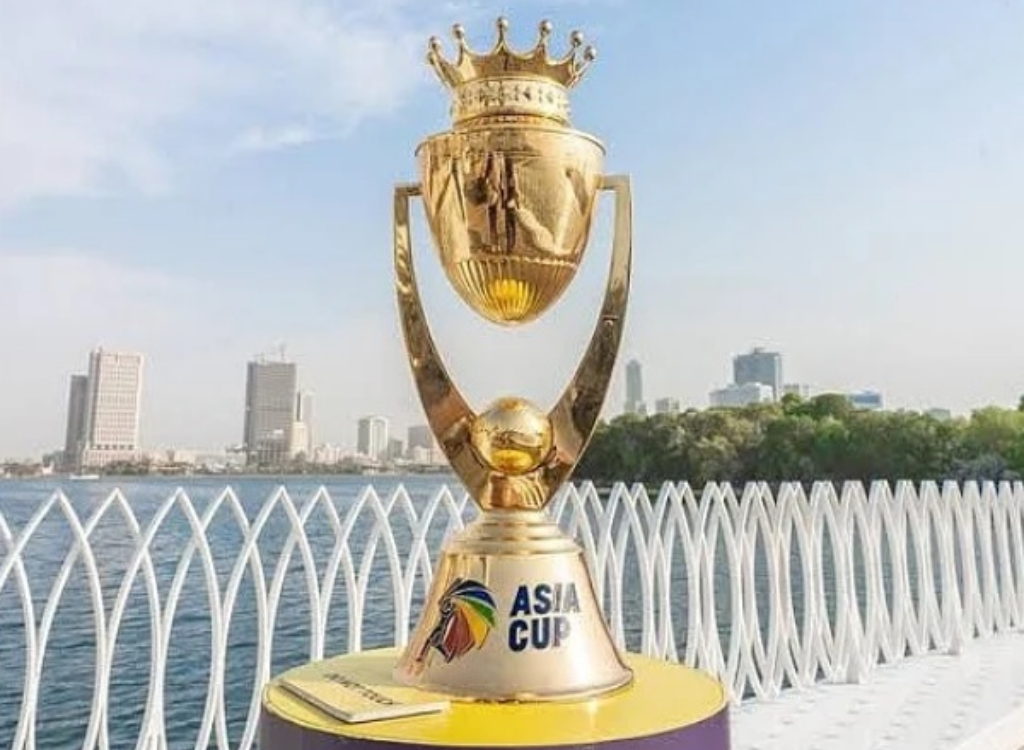


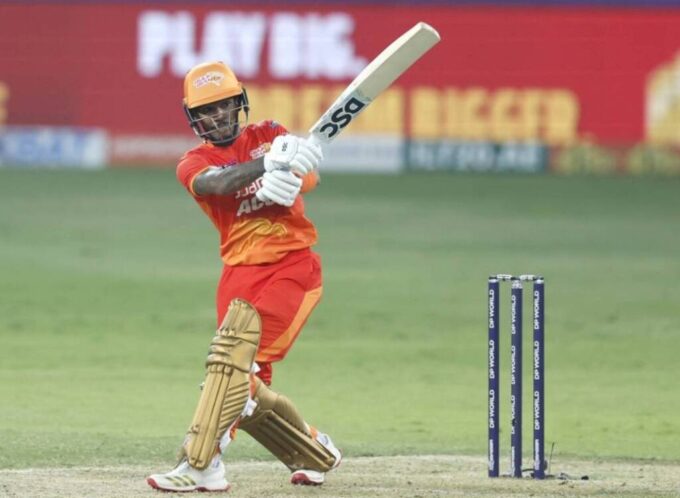
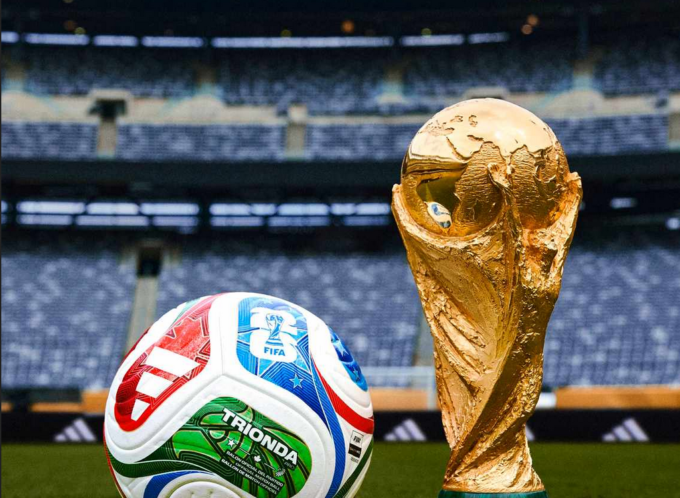
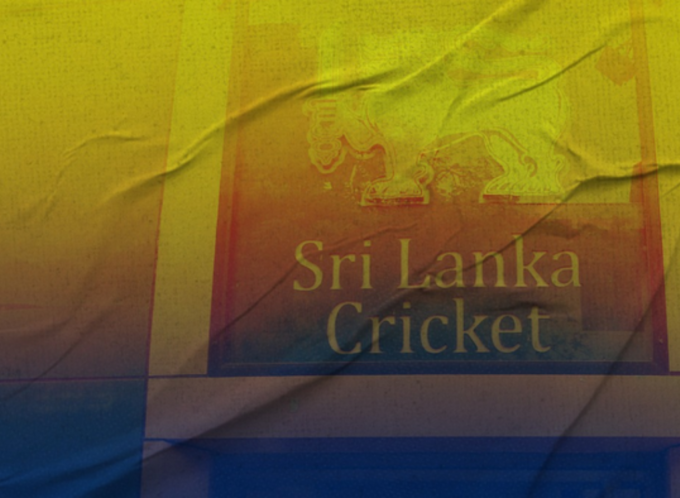
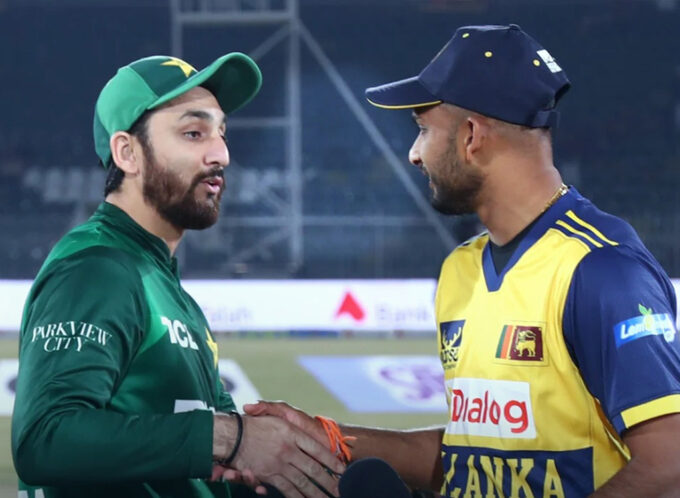




Leave a comment